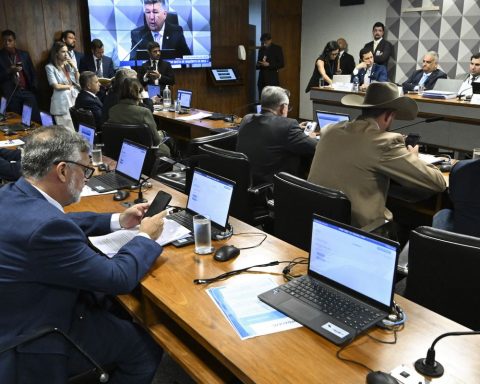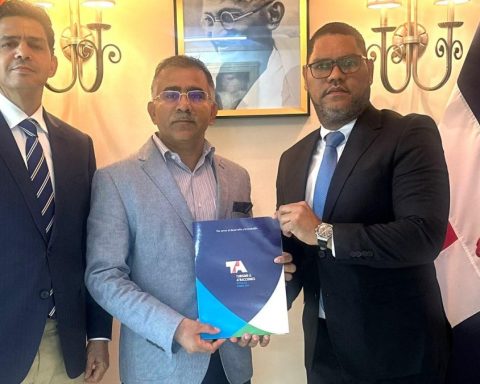The Federal Audit Court (TCU) approved, with reservations, the federal government’s accounts for the year 2021. Unanimously, the agreement of the court ministers took place today (29), after the rapporteur of the analysis of federal public spending, minister Aroldo Cedraz, to endorse the conclusions of court technicians.
When presenting his vote, Cedraz maintained that, despite the technicians of the Governmental Macro-Evaluation Secretariat (Semag/TCU) having pointed out some distortions and inconsistencies in the execution of last year’s federal budget, they did not identify reasons to disapprove of the accounts provided by the President of the Republic, Jair Bolsonaro.
“I emphasize that the non-conformities and occurrences noted in the report will be the subject of the appropriate recommendations and the issuance of alerts with a view to the necessary corrections and adjustments”, said Cedraz, after stating that, in general, the financial statements presented to the court indicate “the adequate execution budget throughout 2021, as the “occurrences do not present materiality and seriousness [suficiente] to support the opinion that the accounts are not in a position to be approved, even with reservations”.
Among the improprieties pointed out by the technicians and by Cedraz are the deviation of purposes in the application of Social Security resources; the application of resources below the foreseen in irrigation projects in the Midwest and the concession and expansion of the waiver of revenue without observing the legal provisions, among others.
“The three irregularities pointed out in the report and in the draft of the preliminary opinion deserve to be followed up and which, although they are not of sufficient magnitude to lead to the rejection of the accounts, demand attention from the Executive Power and the Federal Audit Court”, said Minister Jorge Oliveira. .
“The repeated use of resources linked to Social Security for the payment of expenses for maintenance and development of Education, in the amount of R$ 12.2 billion, is a relevant note that surprises both for the materiality of the amounts involved, and for the signs of non-compliance with rules fundamental aspects of budget elaboration – even though the expenses with the health of civil servants have been considered as legitimately accounted for as Social Security. As the rapporteur for the next government accounts, I intend to assess this aspect in greater detail”, added Oliveira.
secret budget
Another point highlighted by the ministers was the issue of the rapporteur’s amendments, made by the federal deputy or senator chosen to produce the final opinion on the annual Budget. Known by the technical code RP9, these amendments were dubbed the “Secret Budget” by those who maintain that there is a lack of clear criteria and transparency in the discrimination of the origin and use of these resources.
“The amendments indicated as RP9 are, of course, atypical and include new schedules in the Annual Budget Law project [LOA] with no correlation of errors and omissions”, stressed Minister Benjamin. Zymler. “Despite the magnitude of the rapporteur’s amendments – [da ordem] of R$ 18.5 billion in the 2021 LOA, of which R$ 16.7 billion were committed and R$ 6.3 billion paid, which exceeds the value of individual amendments and state benches – the fact is that, as the matter has been judicialized, there is no measure that can be adopted by this court of accounts on the subject.”
Understand
The Accounts of the President of the Republic are an account that provides important information about government spending in areas such as health, education and infrastructure. According to the TCU, the analysis comprises two documents: the General Balance of the Union (BGU) and the Report on the Execution of Union Budgets.
As the Federal Constitution establishes that it is the responsibility of the President of the Republic, annually, to render accounts of his management, both the references to the analysis of the federal government accounts, as well as the presidential accounts, are correct.
The TCU does not judge, but rather examines in detail the information compiled by the Ministry of Economy and the Comptroller General of the Union (CGU). The ministers of the court of accounts can approve, approve with reservations or reject the annual accounts of the federal government. If they approve them with reservations, as happened today, they can make recommendations and alerts regarding irregularities, inconsistencies and/or insufficiency of information. Accounts may be rejected if irregularities are found that are serious enough to affect the management of public resources.
The ministers’ decision is consolidated in a preliminary opinion that is then forwarded to the National Congress, which is responsible for the final judgment as to the regularity of the federal government’s accounts.


















